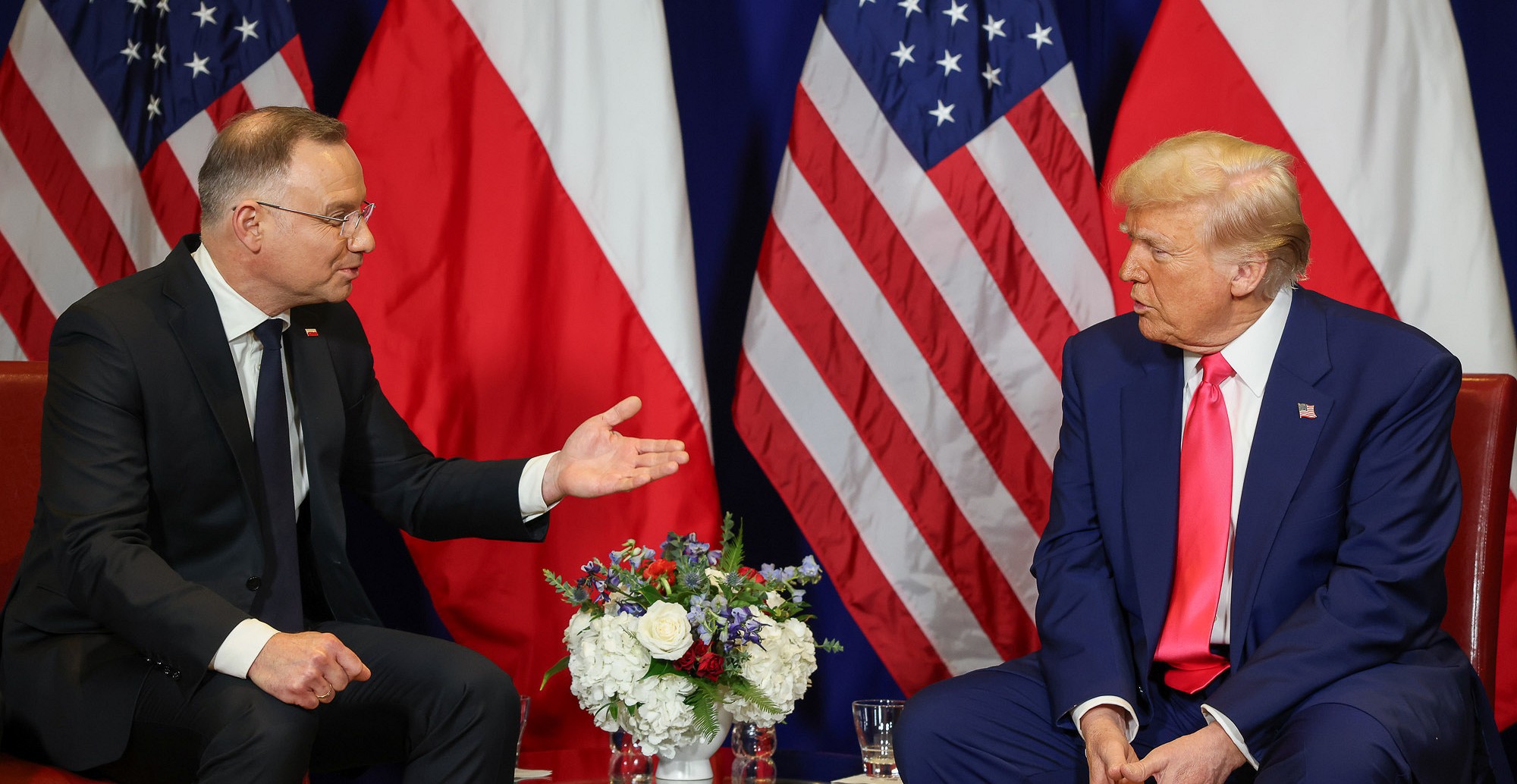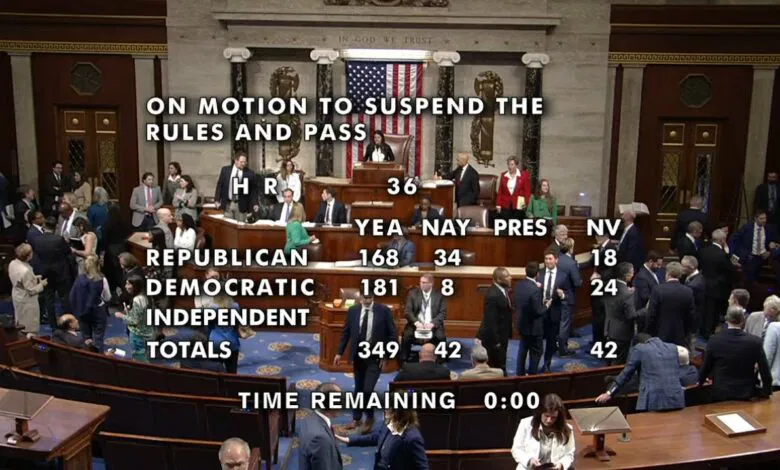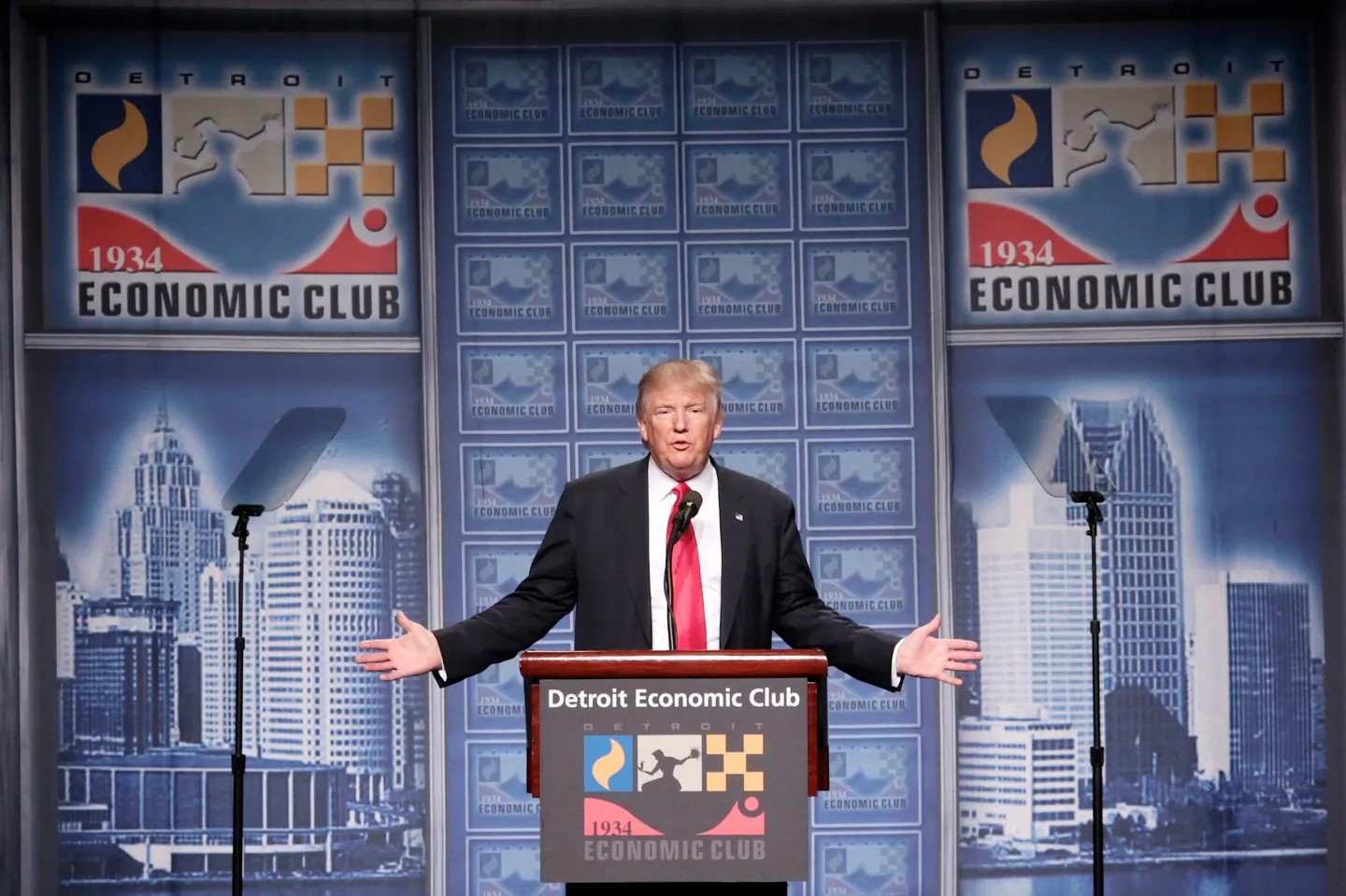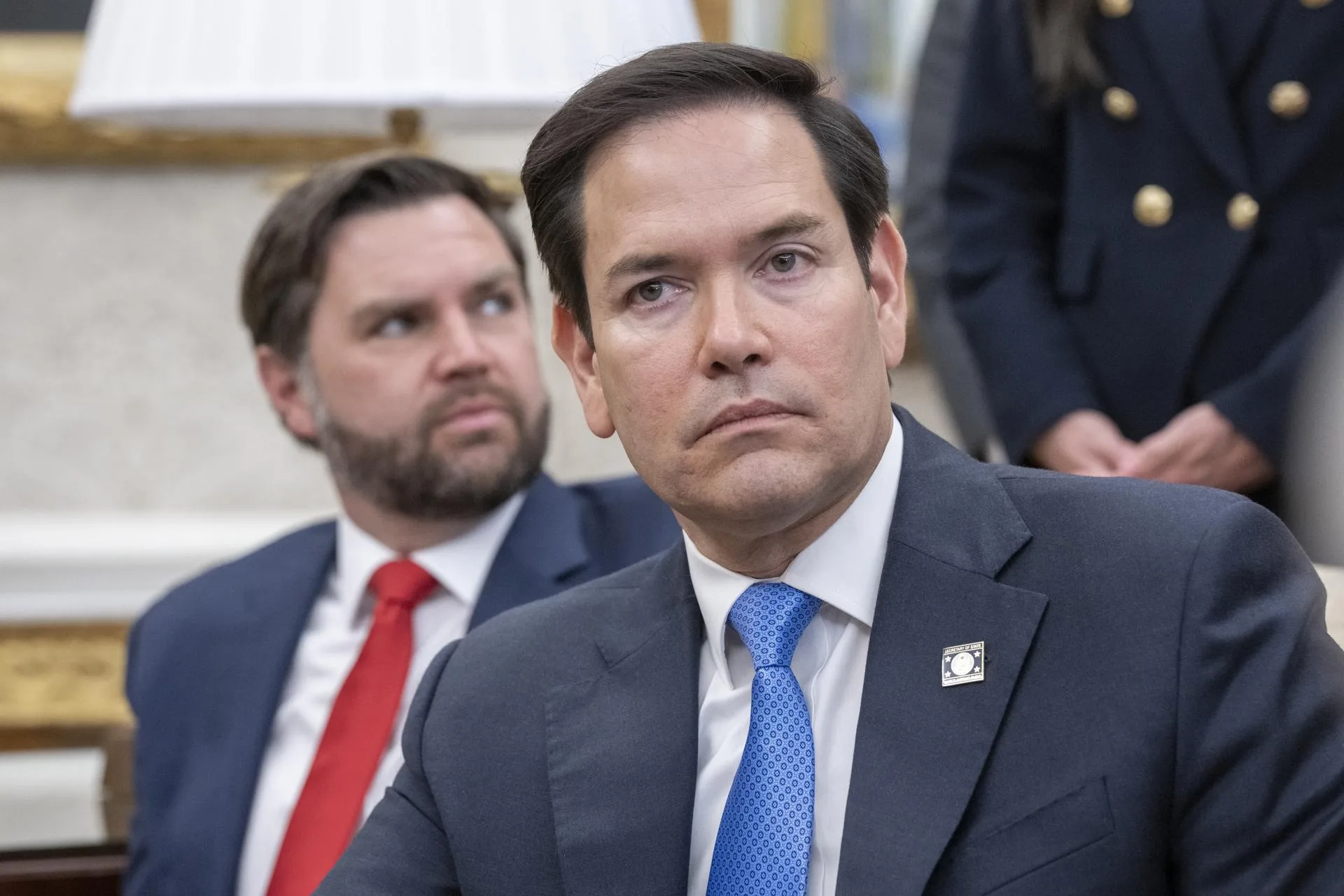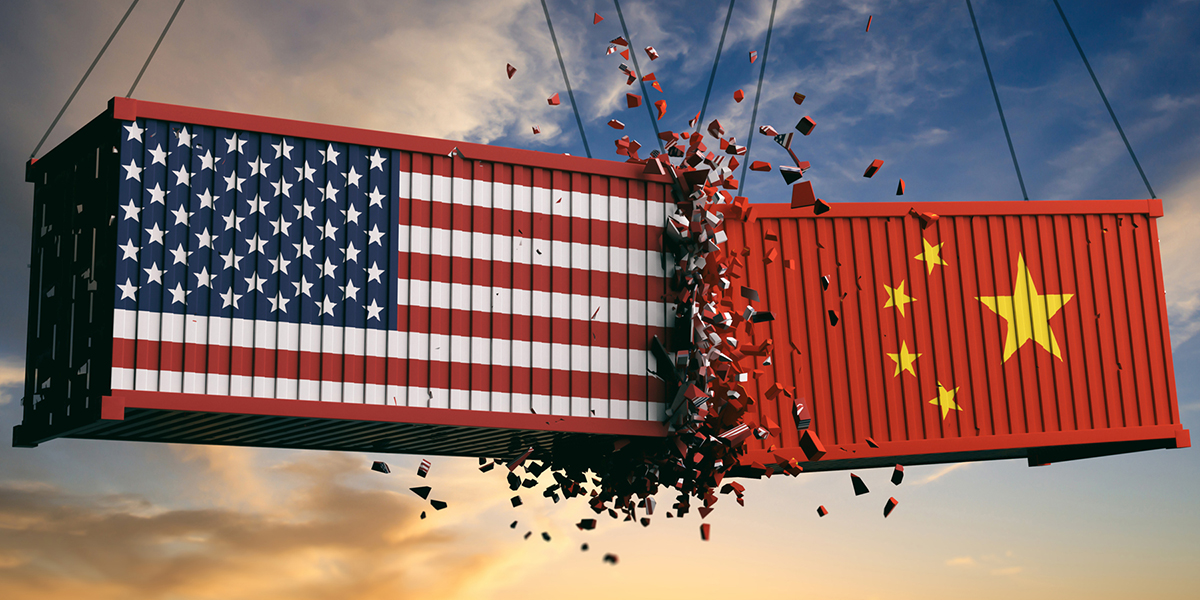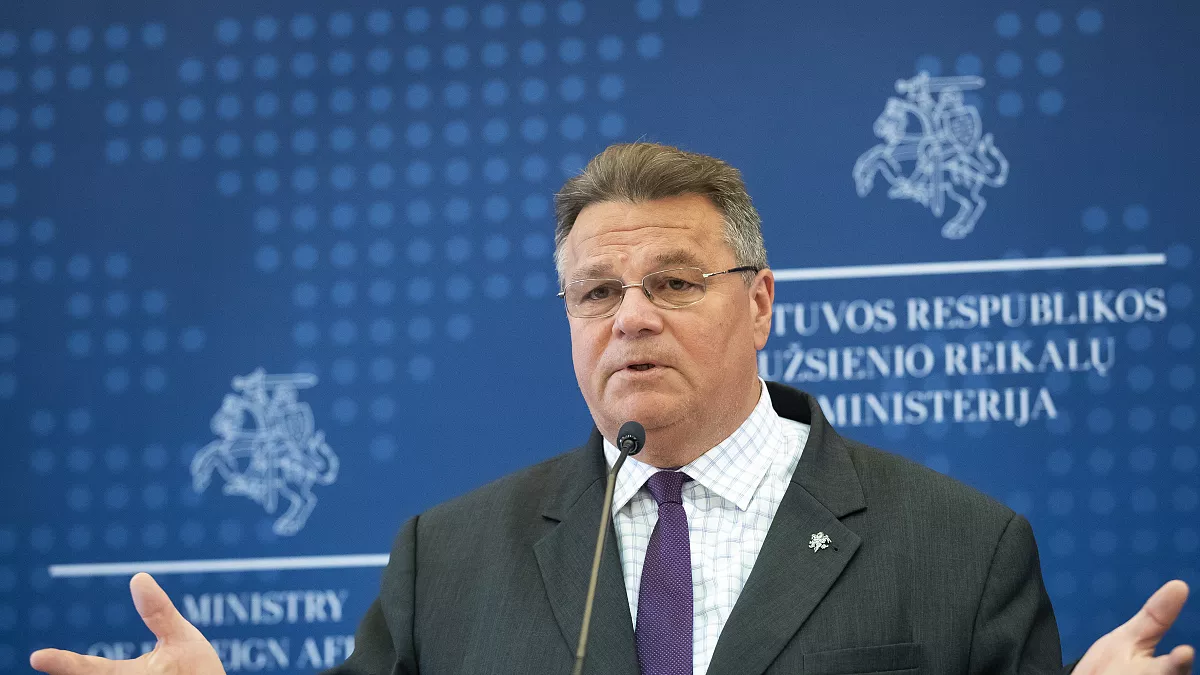Reuters has released what appear to be draft versions of peace proposals presented separately by the United States and a joint European-Ukrainian delegation during the most recent diplomatic negotiations aimed at resolving the war in Ukraine. The documents outline competing visions for a comprehensive settlement, covering ceasefire arrangements, security guarantees, territorial questions, and economic cooperation.
The U.S. proposal calls for the immediate establishment of a permanent ceasefire, with both parties entering negotiations on the technical modalities of its implementation. Under the proposed framework, Ukraine would receive solid security guarantees provided by a select group of European states and willing non-European partners. Notably, Ukraine would commit to abandoning its pursuit of NATO membership, while retaining the right to seek accession to the European Union.
On territorial matters, the United States would legally recognize Russia’s control over Crimea and de facto acknowledge its authority over Luhansk, as well as Russian-held areas of Donetsk, Zaporizhzhia, and Kherson. In return, Ukraine would regain territories in the Kharkiv region. Ukrainian control over the Zaporizhzhia Nuclear Power Plant would be restored with U.S. mediation, and the facility’s management and energy distribution would be jointly shared. Control of the Kakhovka Dam would also revert to Ukraine. In addition, the U.S. plan envisions unrestricted Ukrainian navigation on the Dnieper River and Ukrainian control over the Kinburn Spit.
On the economic front, the U.S. and Ukraine would conclude a bilateral agreement focused on cooperation and access to mineral resources. Ukraine would be fully reconstructed and financially compensated. In parallel, all sanctions imposed on Russia since the onset of hostilities in 2014 would be lifted. The proposal also calls for the resumption of U.S.-Russian economic cooperation, particularly in the energy and industrial sectors.
In contrast, the counter-proposal submitted by Ukraine and European partners places stronger emphasis on legal accountability and conditional peace. It envisions a comprehensive and unconditional ceasefire across all domains—land, air, and sea—monitored under U.S. leadership with the participation of third-party states. Simultaneously, technical discussions on implementation would begin in parallel with negotiations over a broader peace agreement. The Ukrainian side insists that Russia must unconditionally return all deported and illegally displaced Ukrainian children, and that all civilian prisoners and prisoners of war must be exchanged on an “all-for-all” basis.
Regarding security guarantees, Ukraine would receive robust protections from a coalition that includes the United States, potentially modeled on NATO’s Article 5. Although no consensus exists among allies regarding Ukraine’s NATO accession, there would be no restrictions on the size of Ukraine’s armed forces or on the presence of friendly foreign troops on its territory. Ukraine’s right to continue its pursuit of EU membership is reaffirmed.
Territorial issues, under this proposal, would be addressed only after a complete and unconditional ceasefire is in place, with negotiations beginning along the current line of contact. Like the U.S. proposal, Ukraine would regain control over the Zaporizhzhia Nuclear Power Plant and the Kakhovka Dam with U.S. involvement. Ukraine would also maintain unrestricted navigation on the Dnieper River and control over the Kinburn Spit.
In terms of economic recovery, the counter-proposal foresees a U.S.-Ukraine agreement on economic cooperation and access to critical minerals. Ukraine’s reconstruction and financial compensation would be secured through multiple channels, including the use of frozen Russian sovereign assets. These assets would remain frozen until Russia provides reparations for the damage inflicted. Sanctions imposed on Russia would be lifted gradually, and only upon the achievement of a durable peace, with mechanisms in place for their immediate reimposition in the event of future violations—a so-called “snapback” clause.
While both documents reflect a willingness to seek a negotiated end to the war, they differ significantly in terms of conditions, territorial recognition, and sequencing. The stark contrast between the two drafts underscores the complexity of forging a mutually acceptable peace and the geopolitical stakes surrounding any future agreement.

